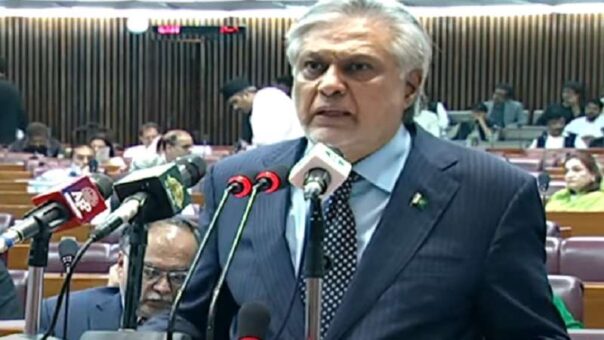ISLAMABAD: In order to overcome the impasse in securing a loan program from the International Monetary Fund (IMF), Pakistan has imposed an additional tax burden of Rs215 billion on its citizens.
(more…)Tag: IMF
This tag provides stories related to IMF. Pakistan Revenue is committed to provide all updated related to IMF stories on Pakistan.
-

PM Sharif Reaffirms Commitment to IMF Program for Pakistan’s Economic Stability
Karachi, June 22, 2023: Prime Minister Shehbaz Sharif reaffirmed the Pakistani government’s full commitment to the ongoing Extended Fund Facility (EFF) program of the International Monetary Fund (IMF).
(more…) -
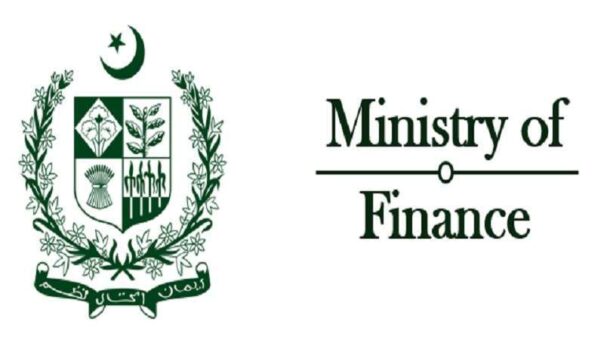
Pakistan Responds to IMF Concerns: Addressing Budget 2023-24 Issues
In response to concerns raised by the International Monetary Fund (IMF) regarding Pakistan’s budget for the fiscal year 2023-24, the country’s finance minister issued a statement on Friday, addressing the issues raised and reaffirming Pakistan’s commitment to the IMF program.
(more…) -
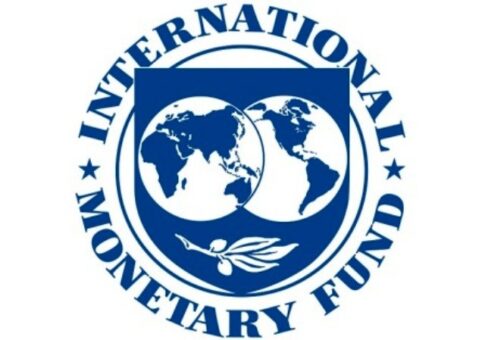
Pakistan’s economy grapples with stagflation: IMF
In the face of a challenging economic situation marked by stagflation, severe floods, and substantial financing needs, Pakistan has actively engaged with the International Monetary Fund (IMF) to address these pressing issues.
(more…) -

Dar explains cancellation of visit to IMF, World Bank spring meetings
On April 8th, Pakistan’s Minister for Finance and Revenue, Muhammad Ishaq Dar, held a press conference to address the cancellation of his visit to the United States for the annual and spring meetings of the International Monetary Fund (IMF) and World Bank.
(more…) -

IMF needs external financing assurances to Pakistan for taking next step
International Monetary Fund (IMF) is needed assurances of external financing to Pakistan as the required huge external financing.
(more…) -

IMF board agrees on need to develop regulations for crypto assets
The executive board of the International Monetary Fund (IMF) agreed on the need to develop and apply comprehensive regulations, including prudential and conduct regulation to crypto assets.
(more…) -
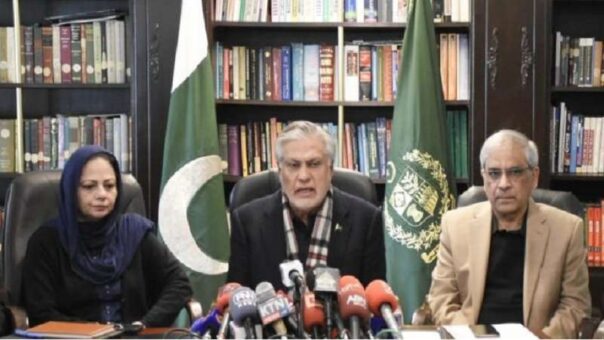
Mini budget to be presented before parliament for approval: Dar
ISLAMABAD: The government will present a mini budget in coming days before the parliament for approval to comply with generating additional tax revenue.
(more…) -
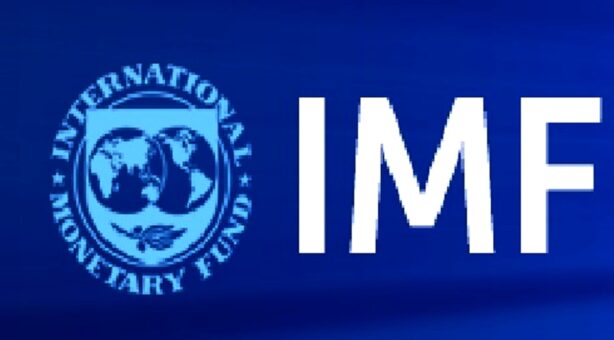
Pakistan set to meet tough IMF conditions
ISLAMABAD: Pakistan is set to meet tough conditions set by the International Monetary Fund (IMF) to continue loan program under Extended Fund Facility (EFF).
(more…) -

Pakistan reaffirms commitment to complete IMF program
ISLAMABAD: Pakistan on Thursday reaffirmed commitment to complete the loan program under International Monetary Fund (IMF).
The resolve has been expressed at an online meeting of Finance Minister Ishaq Dar with Nathan Porter, IMF Mission Chief for Pakistan.
The two sides discussed the progress made with the ongoing IMF program, particularly the impact of floods on macroeconomic framework and targets for the current year.
IMF indicated its willingness to sympathetically view the targeted assistance for poor and vulnerable, especially flood affectees.
It was agreed that expenditure estimates for flood related humanitarian assistance during the current year will be firmed up alongwith estimates of priority rehabilitation expenditure.
In this regard engagement at the technical level shall be expeditiously concluded for proceeding with the 9th Review. Finance Minister Senator Ishaq Dar reiterated GOP’s commitment to successfully completing the IMF program.
